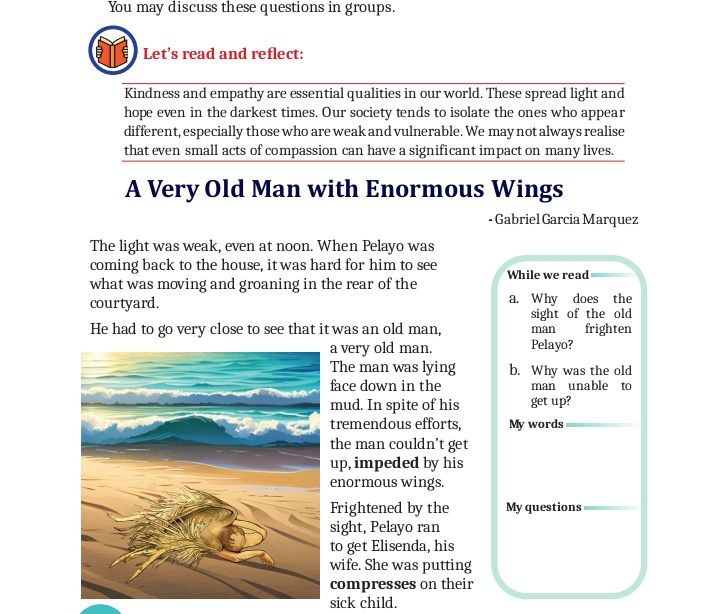Detailed Study Notes on Sonnet 121 by William Shakespeare
Detailed Study Notes on Sonnet 121 by William Shakespeare
Introduction
William Shakespeare’s Sonnet 121 presents a powerful critique of moral hypocrisy and societal judgment. The poem explores the idea that it is better to be genuinely flawed than to be unfairly accused of wrongdoing. Shakespeare challenges the perception of morality dictated by others and argues that true integrity lies in being oneself, regardless of public opinion. The sonnet is a strong assertion of self-identity and a rejection of the false moral superiority exhibited by society.
Summary and Interpretation
In Sonnet 121, the speaker begins by stating that it is preferable to be truly "vile" than to be wrongly accused of being so. He expresses frustration at the way people judge others not based on reality but on their own distorted perceptions. He questions why his actions should be condemned by those who themselves have corrupt minds. The speaker refuses to conform to these false moral standards and asserts that his integrity cannot be defined by the flawed judgment of others. The concluding lines reflect on the universal nature of human sinfulness, suggesting that if society insists on condemning others, it must also accept that all of humanity is inherently flawed.
Themes in the Sonnet
One of the central themes in Sonnet 121 is hypocrisy and moral judgment. The speaker condemns those who pretend to be righteous while secretly indulging in their own immoral behaviors. He argues that such people have no right to judge him when they themselves are guilty of the same faults they criticize. Another key theme is the contrast between perception and reality. The poem highlights how people are often misjudged based on appearances rather than their true nature. The speaker resents being labeled as wicked when he knows he is not.
The sonnet also emphasizes self-identity and personal integrity. Shakespeare makes a bold statement with the line, "No, I am that I am," suggesting that the speaker refuses to let others' opinions define him. This declaration of self-acceptance is a powerful rejection of societal pressure. Lastly, the poem explores the idea of universal human corruption. The closing couplet implies that if people continue to judge others unfairly, they must admit that all humans are equally flawed and morally compromised.
Analysis of Key Lines
The opening line, "It is better to be vile than vile esteemed," sets the tone of the poem by suggesting that it is preferable to actually be immoral than to be wrongly perceived as such. The phrase "When not to be receives reproach of being" further emphasizes the unfairness of being accused of something one has not done. The line "No, I am that I am" is particularly significant because it echoes biblical language, reinforcing the idea of self-determined identity and the rejection of false accusations.
The line "I may be straight, though they themselves be bevel" introduces a contrast between the speaker’s integrity and the corrupt nature of his critics. The word "straight" symbolizes moral uprightness, while "bevel" implies distortion and dishonesty. Shakespeare argues that just because others perceive him as corrupt does not mean he actually is. The final couplet, "Unless this general evil they maintain, / All men are bad and in their badness reign," presents a cynical conclusion about human nature, suggesting that if people persist in viewing others as wicked, then all of humanity must be equally guilty.
Poetic Devices in the Sonnet
Shakespeare employs several poetic devices to enhance the impact of Sonnet 121. The use of contrast is evident in the opposition between being truly vile and being wrongly accused of vileness. Irony plays a significant role in highlighting the hypocrisy of those who judge others while being guilty of the same flaws. Repetition of words like "bad" and "vile" reinforces the theme of moral judgment and perception. Additionally, the biblical allusion in "I am that I am" adds a deeper philosophical dimension to the poem, elevating the speaker’s assertion of self-identity to a higher level of existential truth.
Conclusion
Shakespeare’s Sonnet 121 is a compelling reflection on the nature of morality, hypocrisy, and self-perception. The poem challenges the authority of societal judgment and defends the idea of personal integrity over public opinion. The speaker's refusal to conform to false moral expectations makes the sonnet a timeless statement on the importance of staying true to oneself. The themes explored in this poem remain relevant in any era, as it speaks to the dangers of unjust judgment and the value of self-acceptance.




Comments
Post a Comment
Please share your feedback and questions